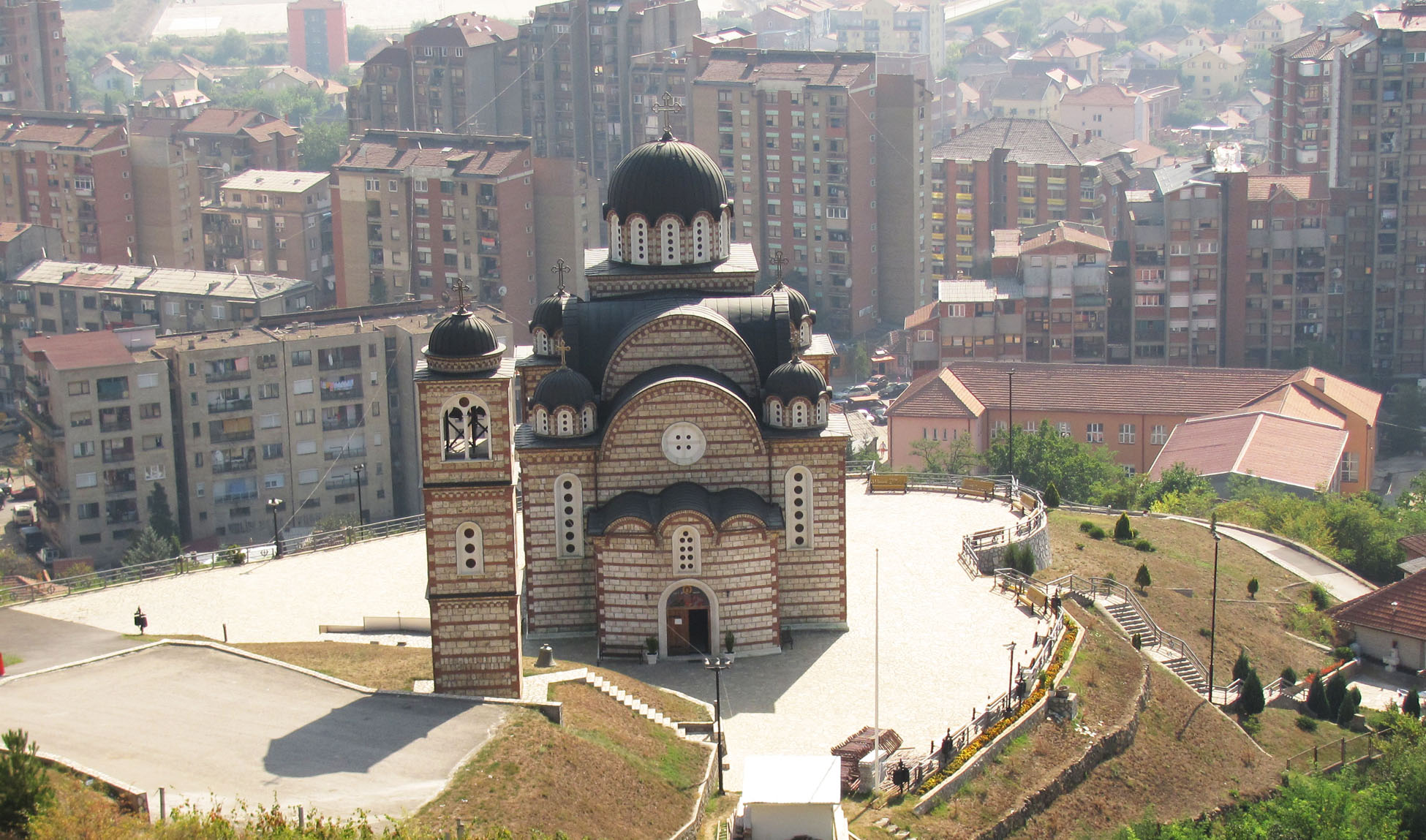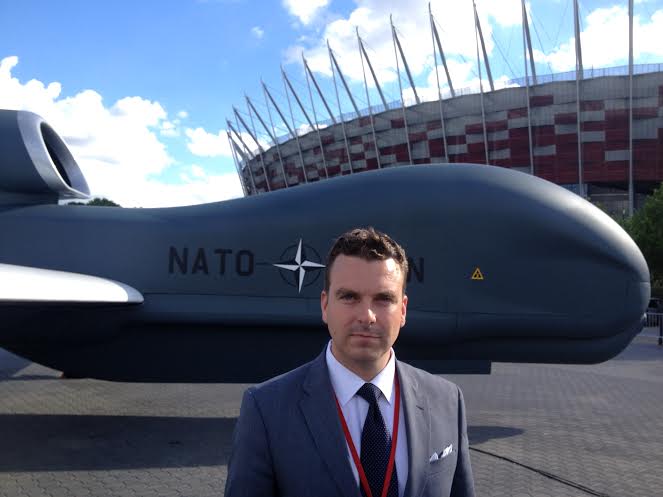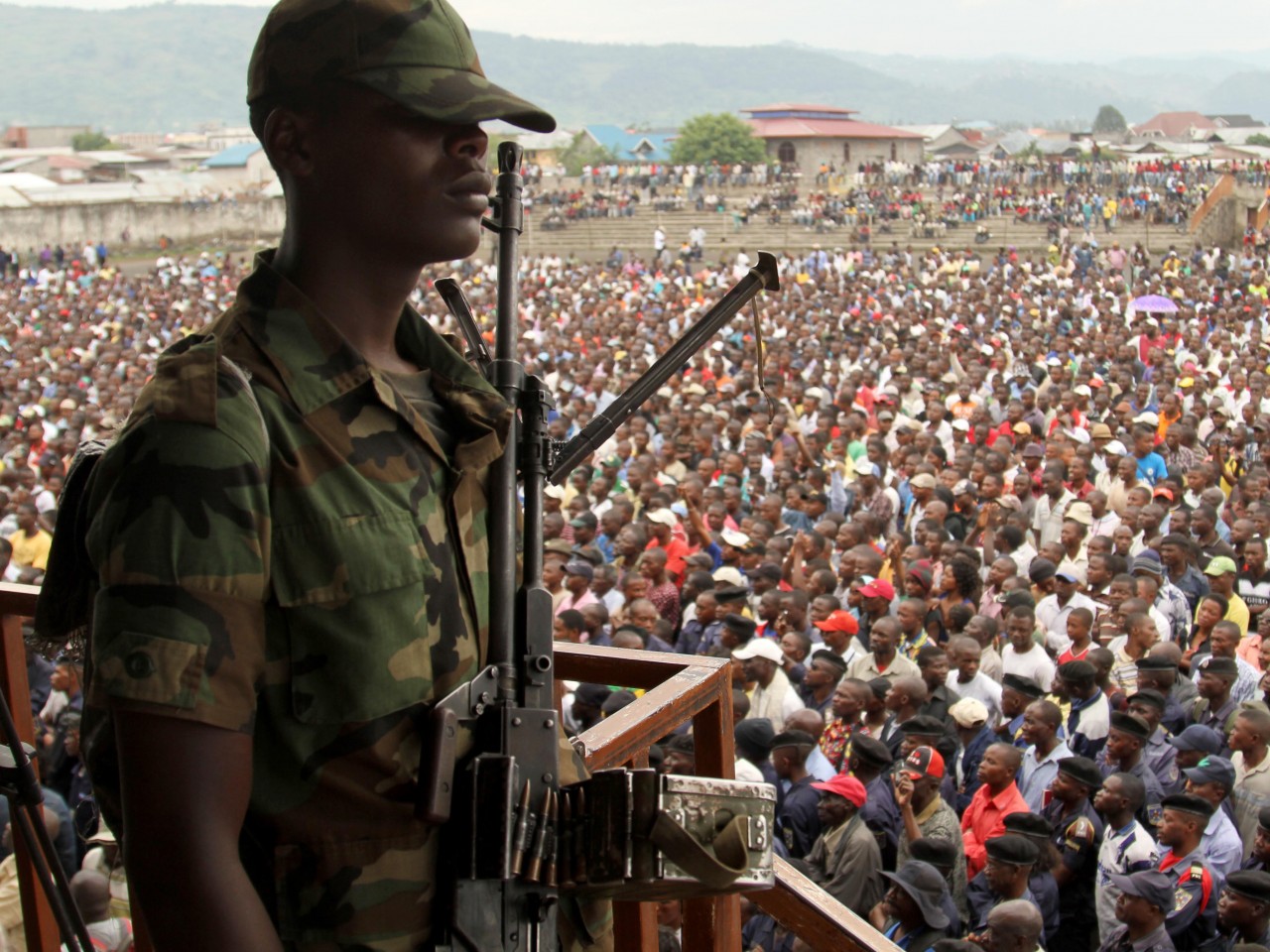North Kosovo does not feel like Kosovo. Rejecting Pristina’s authority, residents hold Serbian citizenship and access services from the Serbian government. Little Albanian can be found, with street signs written in Serbia’s Cyrillic alphabet and Serbian overheard at cafes in the city of Mitrovica.
If North Kosovo is de facto part of Serbia, why not let it join the rest of the country? Doing so could end a decade of strife. But it would also increase the chance of ethnic conflict in the rest of Kosovo and the Balkans.
A better alternative would be to grant Serbian citizenship to Serbs in Kosovo. Citizenship would extend to those in South Kosovo and would be recognized by Kosovo. This lets Serbs in the whole country – not just in North Kosovo – maintain a connection with Serbia. It would also dispel the idea that peace can only be achieved through the creation of an ethnically homogenous state.
Partition
The ongoing conflict between Kosovo and Serbia dates back to the Kosovo War of the late 1990s. In response to attacks from Albanian separatists based in Kosovo, Serbia waged a deadly military campaign against the region. The conflict ended in 1999, when NATO airstrikes forced the withdrawal of Serbian troops.
While much of the violence ended, the war led to an ethnic divide between Serbs in North Kosovo and Albanians in South Kosovo. When Kosovo declared its independence in 2008, without Serbia’s consent, North Kosovo set up a separate government in response, which Serbia supported. Barriers were put in place to create a de facto border. While they have since been removed, the Serbian government continues to operate public services in the region. Ethnic tension remains high.
The current status of North Kosovo is the greatest barrier to the normalization of relations between Serbia and Kosovo. Most experts want a resolution that respects Kosovo’s borders. The alternative is partition. With partition, North Kosovo would join Serbia. In return, Serbia would recognize Kosovo as an independent state and possibly give the Albanian majority Preševo Valley.
Until recently, partition was a taboo topic. But it has now become a possibility. Last month Serbian President Aleksandar Vucic put forward ethnic partition as a condition for the normalization of relations. Kosovo’s President initially rejected the idea, but later stated his support for a “border correction”. U.S. National Security Advisor John Bolton said the United States would not reject border changes. Russia – perhaps the most important international negotiator in the conflict – reportedly also supports partition.
Partition is a simple and attractive solution. It respects the wishes of Serbs in North Kosovo to join Serbia, and changes little since the region is effectively part of Serbia. It would put an end to two decades of conflict. Serbia’s subsequent recognition of Kosovo would allow both countries to join the European Union. Kosovo would also be able to join NATO.
Partition helps to resolve the status of North Kosovo, but it does not put an end to conflict. Ostensibly, it helps Serbs in Kosovo, but overlooks the fact that roughly half of them live in South Kosovo. By cutting the Serb Kosovar population in half, partition would dilute the political power of Serbs in Kosovo. Kosovo would have less of an incentive to address their grievances. Facing discrimination, many of these Serbs would leave for Serbia. Others might engage in armed struggle to separate from the country.
Even worse, partition could spark conflict in the rest of the Balkans. Partition legitimizes ethnic nationalism. Separatists in the Balkans would have confidence that the international community would respect their desire to separate. Multi-ethnic states such as Bosnia-Herzegovina and Macedonia could descend into war.
Citizenship
Nevertheless, maintaining Kosovo’s current border puts forward the question of the right of self-determination of Serbs in Kosovo. Many Serbs feel that Kosovo’s independence disconnects them from Serbia. Thankfully, keeping this connection does not require a border change. In their negotiations, Serbia and Kosovo should agree to allow Serbian citizenship for Serbs in Kosovo.
The effect would be mostly symbolic. Serbs in Kosovo would still pay taxes to, access services from, and elect representatives in, the Kosovar government. But the example of Northern Ireland demonstrates that symbolism is critical to peace. Like Kosovo, some saw partition as an alternative solution to the violent conflict between Catholics and Protestants. Instead, the Good Friday Agreement put an end to the conflict by allowing any citizen in Northern Ireland to obtain Irish citizenship, while respecting the established borders. The granting of citizenship was critical to tempering the frustrations of Irish Catholics. While having little practical effect – Irish citizens cannot vote in Irish elections – it showed respect for Irish identity.
Currently, most Serbs in Kosovo consider themselves to be de facto Serbian citizens. They will perceive any agreement that does not respect this as being to their loss. Given their close connection with Serbia, Serbs in Kosovo should enjoy additional rights that were not even given to Irish nationalists in Northern Ireland. For instance, those in North Kosovo can vote in Serbian elections. Thus Serbian citizenship in Kosovo should include this right. Doing so would not only respect the status quo, but would also allow Serbs to feel that their interests are reflected in their home state.
Granting citizenship is not a panacea to the conflict. While granting Serbian citizenship to Serbs in Kosovo shows respect for their identity, for many of them, anything short of Kosovo’s unification with Serbia as unacceptable. Consequently, other efforts at reconciliation are essential. Border checks should be minimized. It would be prudent to continue to bridge the ethnic divide through education.
Nevertheless, transnational citizenship for Serbs in Kosovo is a critical part of the solution to the problem of their future in Kosovo. It acknowledges their ethnic identity, without seeing it as the fundamental basis for statehood. It recognizes Serbs in all of Kosovo, not just those in North Kosovo. And most importantly, it solves one conflict without creating others.
Picture: a church in Mitrovica, a city divided between Serbs in the north and Albanians in the south. Tiia Monto. Wikipedia Commons. CC BY-SA 3.0.
Disclaimer: Any views or opinions expressed in articles are solely those of the authors and do not necessarily represent the views of the NATO Association of Canada.




